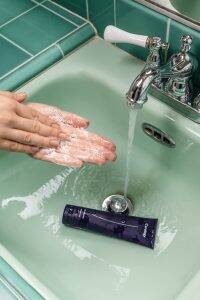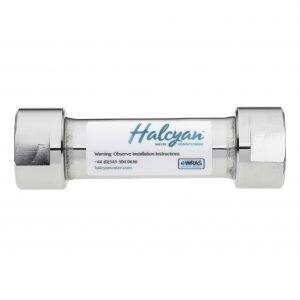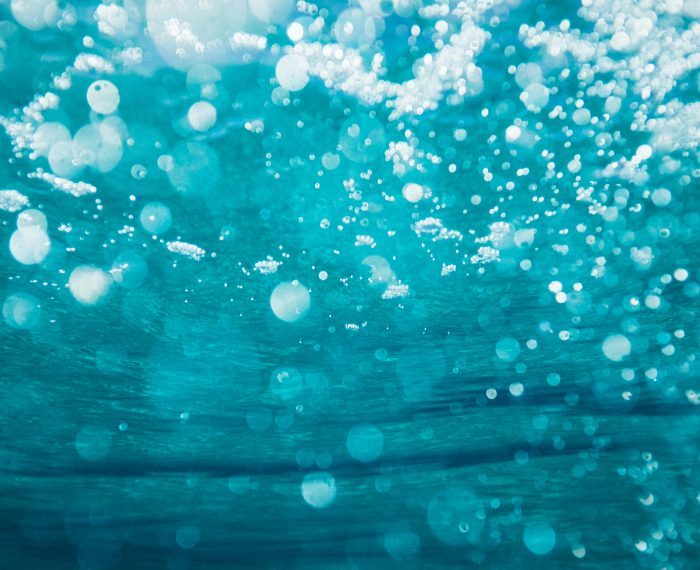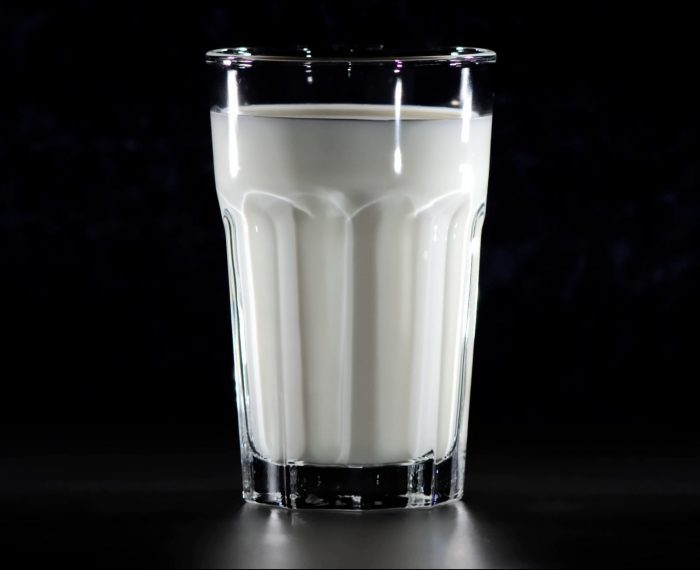It is common knowledge that hard water has some effect on skincare. Is it safe then to assume that soft water is good for skin? We’ll take a look at some of the research that has been done on the subject and see whether there is any conclusive evidence that soft water makes a difference.

The hard water problem
Hard water can lead to drier, itchier skin and can worsen conditions such as eczema. We take a look at this in more detail in our blog on the subject. The general consensus is that by softening the water using traditional softeners some of these problems can be alleviated? But the answer, as always with this industry appears a touch more complex if we look a little deeper.
What we know so far: Hard Water and Eczema
As is the case with many of the key issues in domestic water treatment, research on soft water and skincare is quite scarce. There are a few studies which look at how softened water impacts skin care. The area of focus in this subject are primarily on eczema and whether use of a softener can alleviate symptoms. A study which has examined this came to surprising conclusions. Even though softening water removed the hardwater minerals from the system, in theory directly addressing a source of skin irritation, there seems to have been no statistically significant impact on eczema symptoms in those suffering from moderate to severe instances of the condition.
It has been suggested that hard water could play a role in the development of eczema. So whilst there may not be any great benefit to softening water for those who already suffer from eczema, there may be to using it with at risk families, potentially preventing the condition from developing in the first place. A trial examining this has been started to see if softening the water for infants can lower the risk of developing eczema.

What we know so far: Hard water and soap
Another study looking at how hard water interacts with soaps on the skin found that softening the water had the expected positive impact. Reducing the level of soaps left on the skin after washing and thereby reducing the level of irritation experienced when compared to using hard water. The researchers suggested that the discrepancy between their results and the results of the previous study could be down to the soaps used by families of eczema sufferers. Those with severe symptoms will already be using products designed for eczema and sensitive skin, so even if they wash in hard water the irritants found in conventional soaps aren’t present and the use of softened water has a minimal impact on the condition.
What does this mean for the effects of soft water on skin?
So does soft water help skin? The answer is sadly not cut and dry. It appears that reducing the level of surfactants (soap residue) on skin reduces irritation and dryness. The two main issues encountered in hard water areas. It also seems that soft water can help with this. But more research is being and needs to be done.
As a consumer the takeaway is this: No product including salt softeners can guarantee any medical benefit, at most they can suggest that these benefits are likely. Until more research is done confirming medically significant lifestyle improvements you will simply have to rely on consensus. The same goes for other products such as conditioners. Certain conditioners appear to provide similar effects to softeners in regard to skin and hair. But research in this area is similarly limited.
If you’d like to know more about how our system affects skin and hair, or if you’d like to find out more about Halcyan in general then please head over to our FAQ’s page using the link below!




